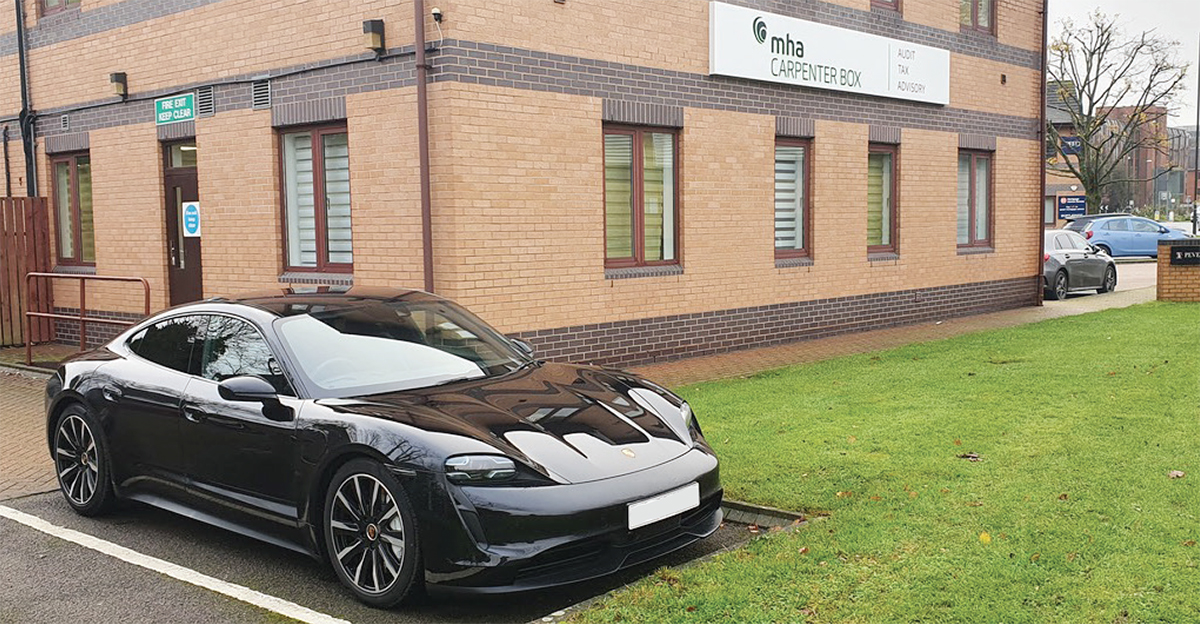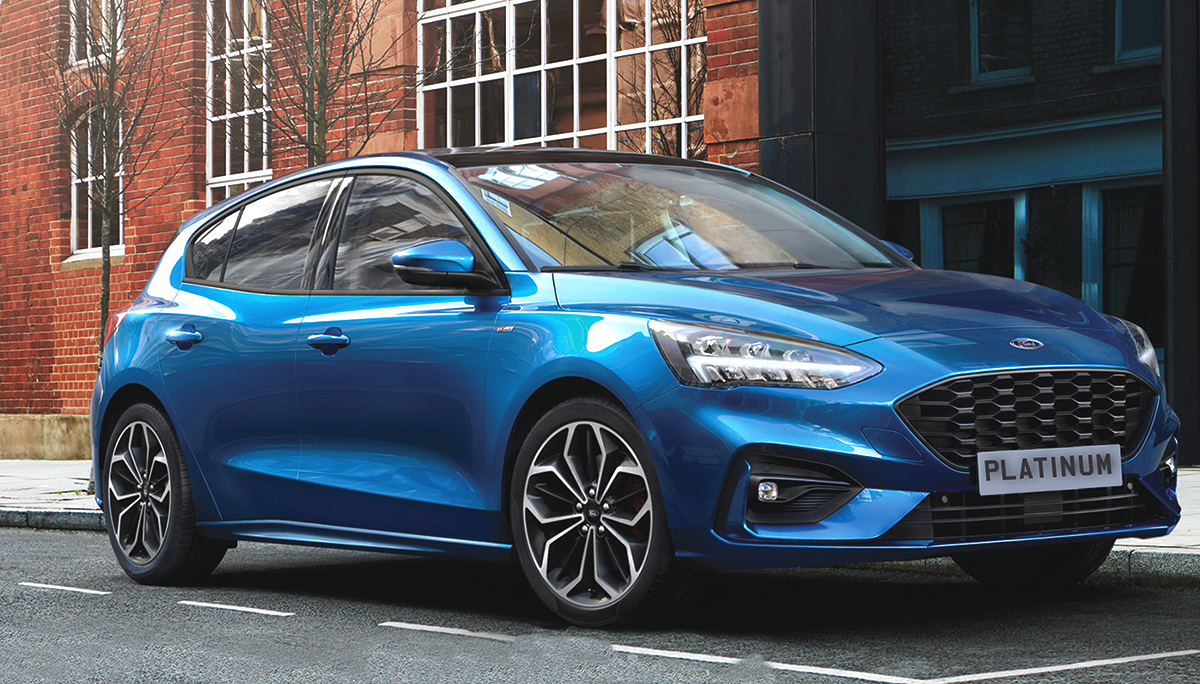
Chris Reeves, Head of Motor Retail at MHA Carpenter Box, looks at the cost benefits of Electric Vehicles and offers his review of the Porsche Taycan
These are all questions that are becoming increasingly common in homes and businesses up and down the country. The tax reliefs and advantageous rates are a clear attraction for the fleet and business markets.
The market
Despite fully Electric Vehicles (EVs) only receiving a lot of media attention in the last few years, EVs have actually been around for a long time, generally achieving very moderate growth year-on-year. However, with the global focus on climate change, both from a legislative angle as well as changes in consumer behaviour, manufacturers are placing more time and investment in developing their electric ranges than ever before.
Roll this forward to 2021 and EVs appear to be one of the very few beneficiaries of the COVID-19 pandemic. Our current ‘new way of life’ lends itself very nicely to what an electric car has to offer – more of us working from home, fewer journeys, shorter journeys etc. This, coupled with the momentum gained in 2019, has led to an increase in market share from 2.2% in September 2019 to 6.7% in September 2020. This is all despite a c.30% reduction in overall car registrations YTD and a fall in oil prices.
So the momentum is clearly continuing and those manufacturers that began their electric journeys earlier are starting to reap the rewards.
The cost benefits for employers and employees
For employers, the EV option is fast becoming a very attractive proposition – both for large fleets and directors of small businesses. Aside from all the environmental benefits and the positive publicity this brings, there are a number of tax reliefs that make EVs a smart choice for businesses. Of course, there is also the much-reduced running costs, especially when charging at a home or office location.
For a start, there is no benefit in kind (BIK) on pure EVs for 2020/21 and this is only rising to 2% by 2022/23. There is also no fuel benefit where the employer pays the charging costs of the EV. On top of this, the employer is entitled to 100% capital allowance on the EV in the year of purchase, giving a significant tax cash flow saving.
The Products
New ranges of Electric Vehicles are being released all the time, with performance and battery figures improving all the time, as manufacturers compete to increase their share of this rapidly growing market. This fierce competition drives a significant rate of improvement and development – consequently, electric cars are already viable alternatives when comparing with internal combustion engines (ICEs). The technology and features within EVs are very exciting and forward-thinking, whilst some of the performance figures are mind-blowing.
A great example of this is the Porsche Taycan. Thanks to Porsche Centre Mid-Sussex, Chris Reeves was able to experience their electric offering first-hand and provides a glimpse of how far we have come and the practicalities of owning an EV.
Porsche Taycan 4S
“Clearly the Porsche Taycan is at the high end of the EV market, but as demonstrated above, could realistically be affordable to a wider range of businesses and tempting to those who are currently suffering heavy BIKs for their performance company cars. For example, the BMW 530d is a popular company car (approx. £50k list price), but the additional cost of upgrading to an £80k EV, is not significant and therefore becomes a real option.
First impressions of the Porsche Taycan 4S didn’t disappoint – as you might expect the exterior is stunning, but the interior is equally thought provoking. The cabin is incredibly refined yet simplistic, and when the power is switched on you are met with an array of touch-screens, with one for the passenger! Unsurprisingly, the driving experience and performance of the Taycan was sensational – despite the lack of gears and engine noise, it still felt like a Porsche.
It was a lot of fun to drive, whilst also feeling sensible as an ‘everyday’ car. The acceleration is an experience in itself and I was only in the 4S model – the Turbo S is over a second quicker
to 60mph – quite simply not usually achievable outside of ‘supercar’ territory.
In terms of range, it should achieve 200 miles per full charge. I had the car for three days, covering approximately 150 miles, and whilst I was very aware of the raange, at no point did ‘range anxiety’ take hold. The stated range appeared accurate throughout and the navigation offered to locate charging stations in good time, which gives you confidence as the driver that you are in control.
The other surprising element of the Taycan was the rear boot space – at 407 litres, it can even fit the golf clubs!
In most other areas, practically, it was very similar to an ICE vehicle which is probably the most significant aspect because it shows how viable an alternative this car is to a ‘regular’ Porsche. Clearly there is more to consider over a longer time-frame of ownership and for longer journeys, but the charging infrastructure appears to provide a solution to most journeys.
If this is Porsche’s first attempt at an EV, it’s exciting where this could lead in the future!”
Our dedicated Motor Retail team can help if you are considering EVs in your business and you need some help crunching the numbers.
Please call Chris Reeves on 01903 234094 or visit www.carpenterbox.com





